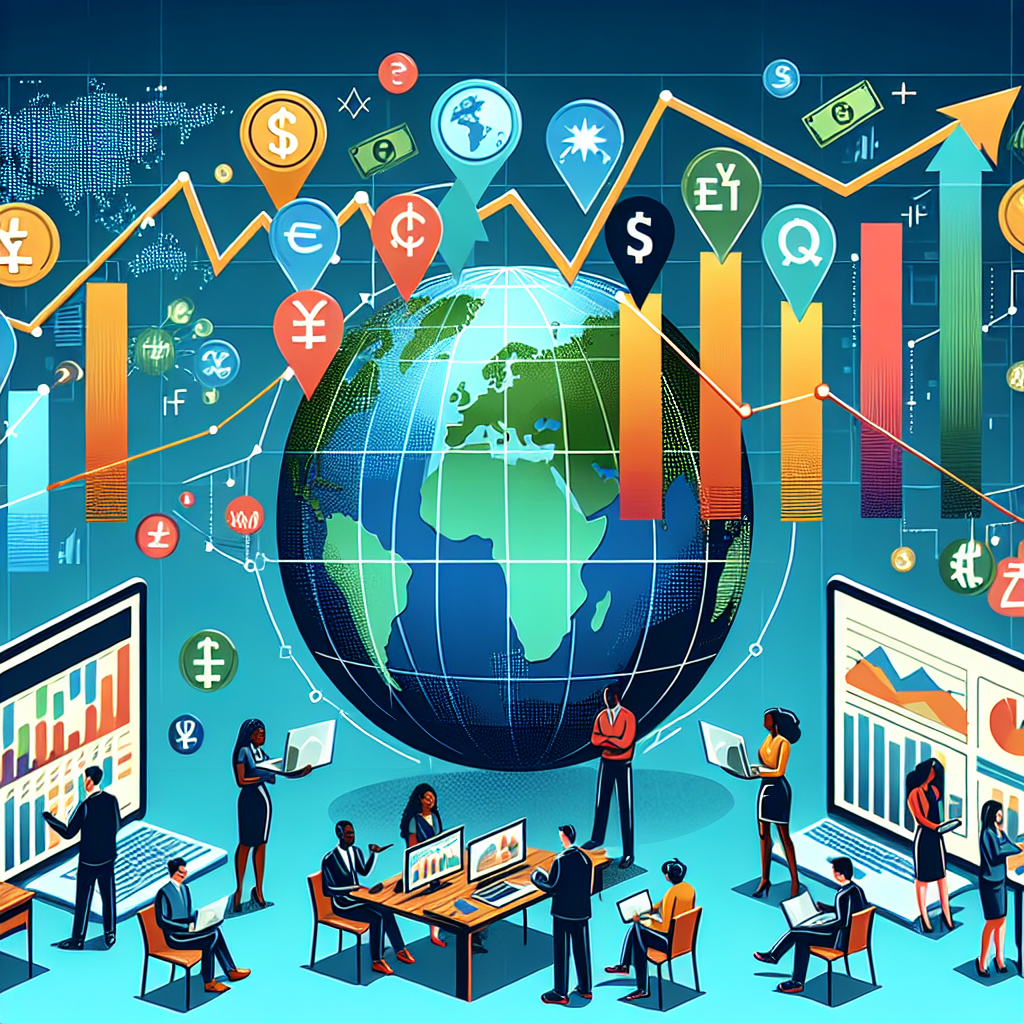Economic Calendar Events: A Guide to Understanding and Utilizing Them
Introduction
An economic calendar is a powerful tool used by traders, investors, and economists to stay informed about upcoming economic events and their potential impact on the financial markets. It provides a schedule of important economic indicators, such as interest rate decisions, employment reports, GDP releases, and more. In this article, we will explore the significance of economic calendar events and how you can effectively utilize them to make informed decisions in the market.
The Importance of Economic Calendar Events
Economic calendar events are crucial as they offer valuable insights into the state of the economy, helping market participants anticipate market movements and adjust their strategies accordingly. Here are a few reasons why they are important:
- Market Volatility: Economic calendar events often trigger significant volatility in the financial markets. Traders can take advantage of these fluctuations by aligning their positions with the anticipated market sentiment.
- Policy Decisions: Central banks’ interest rate decisions and monetary policy announcements have a profound impact on currency exchange rates and stock markets. By staying informed about these events, traders can adjust their positions to mitigate potential risks or seize opportunities.
- Corporate Earnings: Earnings reports from major companies can significantly influence stock prices. Traders and investors closely monitor these events to gauge the financial health and growth potential of specific companies or sectors.
How to Use an Economic Calendar
Now that we understand the importance of economic calendar events, let’s dive into how to effectively use them:
- Select a Reliable Economic Calendar: There are numerous economic calendar tools available online. Choose a reputable and user-friendly platform that provides accurate and up-to-date information.
- Filter by Relevance: Economic calendars offer a wide range of events. Filter the calendar based on your trading interests and the assets you are focusing on. This will allow you to prioritize the events that are most relevant to your trading strategy.
- Understand the Impact: Each economic event has a different level of impact on the markets. Familiarize yourself with the significance of each event and its potential consequences. This will help you assess the potential market reaction and adjust your trading plan accordingly.
- Monitor Consistently: Regularly review the economic calendar to stay informed about upcoming events. Mark important events on your personal calendar to ensure you don’t miss any critical updates.
- Analyze Historical Data: Study the historical impact of specific economic events on the markets. This will provide you with insights into how different events have influenced price movements in the past, helping you make more informed trading decisions.
Conclusion
An economic calendar is an indispensable tool for anyone involved in the financial markets. By staying informed about upcoming economic events and their potential impact, traders and investors can make more informed decisions and increase their chances of success. Remember to use a reliable economic calendar, filter events based on relevance, and analyze historical data to make the most of this valuable resource. With practice, you will be able to leverage economic calendar events to your advantage and navigate the markets with greater confidence.



